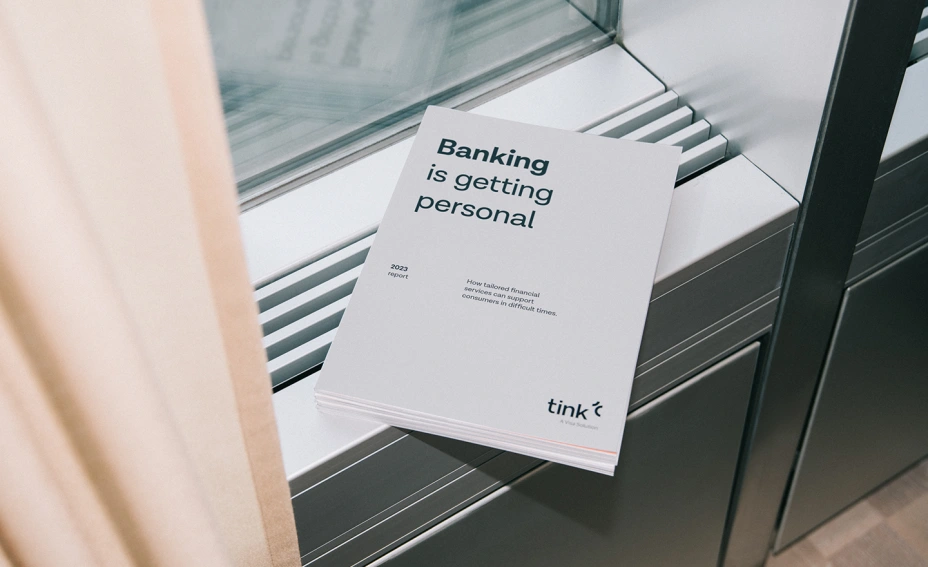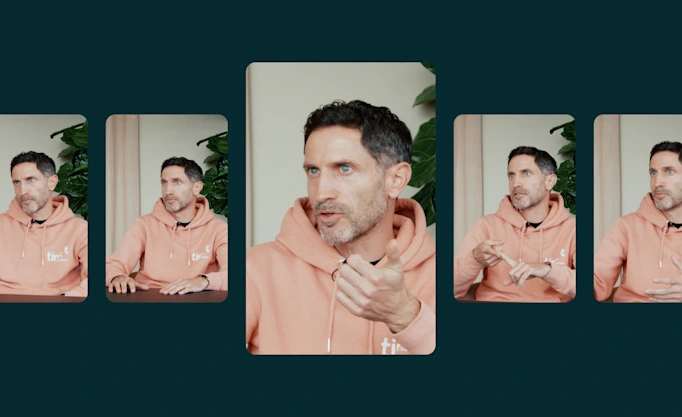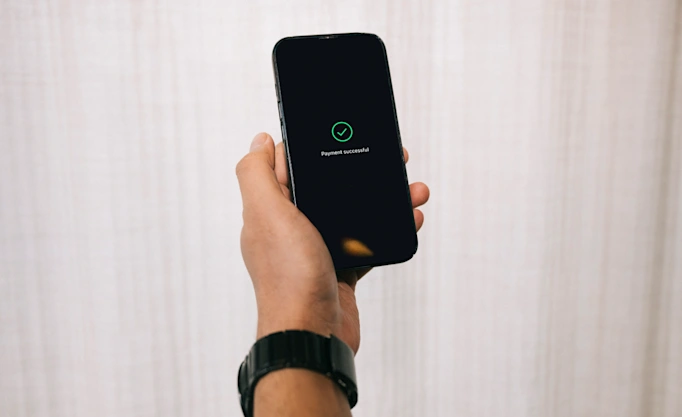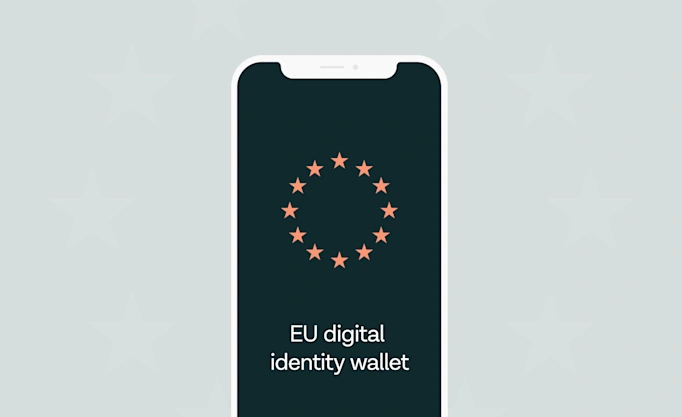Half of Brits fear budget shortfall – here’s how banks can help

New Tink research shows almost half of UK consumers fear their income soon won’t cover essential costs – and many are turning towards the financial industry for guidance. While people are doing what they can to proactively manage their finances, banks have the opportunity to coach their customers through the cost-of-living crisis using tailored financial services.
Tink’s latest research shows that an estimated 25 million Brits fear their income soon won’t cover essential costs as a result of the cost-of-living crisis
Many UK adults report only having a basic understanding of their income versus outgoings, and nearly half say they would switch banks if it could help them save money.
In light of this, banks have the opportunity to step up and support their customers through the cost-of-living crisis with tailored financial solutions.
As Europe is going through the worst economic crisis in decades, many consumers are suffering from the resulting rise in cost of living. In Tink’s latest report, ‘Banking is getting personal’, our research shows that an estimated 25 million (46%) UK adults are only just managing to make ends meet, fearing their income will soon not be enough to cover essential costs. This suggests nearly half of Brits are in urgent need of support to make it through the coming recession.
How banks can coach consumers through the crisis
When in challenging financial times, many look to their bank for support. Our research shows more than four in ten (41%) ‘only just managing’ consumers said they want to learn more about managing their finances, highlighting a clear incentive for banks to step in to support them before their situation worsens further. But how?
The answer lies in a more tailored approach to financial services, widely accessible through simple, digital tools. According to our research, many UK consumers still manage their finances through basic means such as standard online banking tools or through manual means (47%), and more than one-third (36%) report only having a rough understanding of their incomings and outgoings. By providing people with access to personalised financial advice and services, banks can support customers who are only just managing before their financial situation worsens. By taking this opportunity to proactively engage with and get to know customers better, banks are in a good position to coach them through the cost-of-living crisis. Doing so will build trust and loyalty that carries over into times of less financial stress.
Supporting customers with tailored digital solutions
With our research showing 46% of UK consumers are only just managing to stay in control of their finances, this is the time when banks can be proactive. A worrying one in five (19%) of these consumers expect to skip meals or make use of a food bank in the near future. To mitigate their precarious situation, those only just managing would benefit from a more holistic, up-to-date overview of their finances over a longer period of time. This way, their banks can help see how close they are to a negative disposable income and encourage them to take action.
For instance, would they be able to absorb another interest rate rise or increase in energy bills? With one in ten (12%) of the ‘only just managing’ consumers expecting to miss a rent or mortgage payment in the future, are there expenditures they could cut to stop this from happening? After helping people identify the margins they’re working with, banks can support them in improving their financial situation, by identifying cost-cutting and money-saving opportunities.
An opportunity to meet customer needs
Banks now have the opportunity to step up their digital offering to support struggling consumers. There’s a clear commercial incentive for banks to offer this support – over a third (35%) of the more financially hard-hit respondents report they would switch banks if it provided them with tailored financial support, and nearly half (44%) would switch if it provided recommendations on where to save. In fact, many have already done so: in the last three months of 2022, a record number of UK consumers switched current account providers when offered cash incentives to do so.
But those in the financial industry are hardly unaware of the responsibility to support customers in challenging times. Tink’s 2022 survey of top financial executives in Europe found that helping consumers avoid financial distress was a top priority. And many banks are already on the move, AnPost among others releasing successful digital tools to help consumers through the cost-of-living crisis. Those who don’t yet offer these kinds of tailored digital services now have the opportunity to meet consumer needs while boosting their share of wallet.
Going beyond the basics with open banking
While basic digital tools can provide some support, open banking powered solutions are needed to help consumers go that extra mile in boosting their financial situation. As many consumers have their current accounts, investment accounts and credit cards with different providers, it’s hard to get a holistic view of their incomings and outgoings across accounts. With open banking, banks can provide their customers with a real-time, up-to-date picture of their finances in one place. In short, tailored financial solutions powered by open banking helps banks coach the individual, not the account.
It’s time for banking to get personal.
More insights in Tink’s latest banking report
Want to know more about how open banking can help banks coach their customers through the cost-of-living crisis? Read our latest report ‘Banking is getting personal’.
About the research
The research was conducted by Censuswide with 2,010 general consumers in the UK (nationally representative) between 17 January 2023 to 19 January 2023. Censuswide abide by and employ members of the Market Research Society which is based on the ESOMAR principles and are members of The British Polling Council.
More in Open banking

2025-06-09
11 min read
The case for “Pay by Bank” as a global term
Thomas Gmelch argues that "Pay by Bank" should be adopted as a standard term for open banking-powered account-to-account payments to reduce confusion, build trust, and boost adoption across the industry.
Read more

2025-06-02
3 min read
Tink joins Visa A2A – what it means for Pay by Bank and VRP
Visa A2A brings an enhanced framework to Pay by Bank and variable recurring payments (VRP) in the UK, and Tink is excited to be one of the first members of this new solution.
Read more

2024-11-19
12 min read
From authentication to authorisation: Navigating the changes with eIDAS 2.0
Discover how the eIDAS 2.0 regulation is set to transform digital identity and payment processes across the EU, promising seamless authentication, enhanced security, and a future where forgotten passwords and cumbersome paperwork are a thing of the past.
Read more
Get started with Tink
Contact our team to learn more about what we can help you build – or create an account to get started right away.
